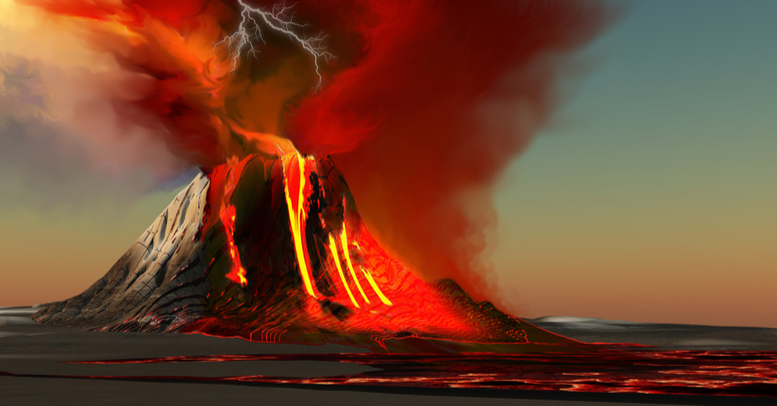Real estate is home to lots of history. And not all history is good. Stigmatized property is an industry term for a home whose value is negatively affected by something unrelated to its physical condition, usually something that’s occurred in or around the home in the past.
One of the most notorious examples of stigmatized property is the home that George and Kathy Lutz bought back in 1974 on suburban Long Island. Their experiences there, until they left after 28 days, became the basis for the famous movie The Amityville Horror.
Interestingly, the Lutzes knew that the home might be haunted. The realtor had told them before the bought it what had happened there. They bought it anyway. Perhaps it shouldn’t be surprising. A recent survey found that 30 percent of people were open to living in a haunted house, while 25 percent ‘might be’.
Real estate disclosure requirements vary by state
Real estate does not operate on a caveat emptor (buyer beware) basis. Legislation varies state by state, but in most states certain material defects, like leaking roofs and crumbling foundations, must be disclosed.
But what about emotional stigmas, like grisly murders, urban legends, and covered-up graveyards, the kinds of things that might creep some buyers out but not others? Is there a requirement to disclose these? Depends, once again, on the state.
About half of the 50 states have no law on the books regarding stigmatized property. In California, the seller must disclose if there has been a death on the property, but only if it occurred within the last three years.
In New York, you must disclose a poltergeist
Most states do not allow sellers to lie to cover up an emotional stigma. They don’t have to tell the buyer about it, but they cannot omit information if asked directly. A famous example is the 1991 New York case, Stambovsky v. Ackley, in which the seller had written in the local paper and Reader’s Digest about her Victorian home’s rambunctious poltergeist.
Yet when it came time for her to sell the house, she said nothing. After the buyer had put down a large deposit, they learned about the poltergeist from someone in town. In the end an appeals court allowed the buyer to rescind the transaction.
Similar cases in other states have followed this precedent. When ghost stories and the like significantly impact the property’s value, and the seller is on record as being aware of the stigma, the buyer may have recourse to back out of the transaction.
About Punctual Abstract
Punctual Abstract is your national solution with a local touch, a national title abstracting company located in Harvey, LA. Whether you need an abstractor for a certain county or region, or you’re looking for a national provider, Punctual Abstract is here to help.
We have extensive experience performing commercial and residential abstracts of all kinds and perform complete title searches plus attorney opinion package-deals all with the same average turn-time of 24-48 hours!
Visit our homepage or contact us today for more information.



